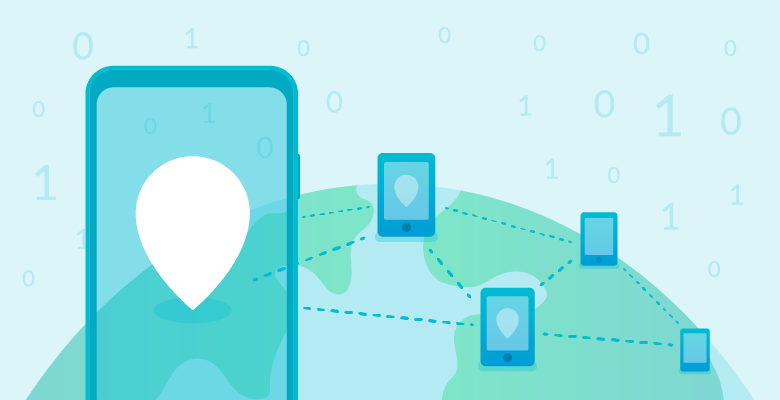In today’s hyperconnected world, public Wi-Fi networks are a convenient way to stay online while on the go. Whether you’re at a coffee shop, airport, or hotel, these networks offer internet access without consuming your cellular data. However, the convenience of public Wi-Fi comes with significant privacy and security risks. Mobile proxies have emerged as a powerful solution to protect your personal data and maintain online privacy when connected to public Wi-Fi networks. In this guide, we’ll explore how mobile proxies can help ensure your privacy and security on public Wi-Fi.
Understanding Mobile Proxies
What Are Mobile Proxies?
Mobile proxies are intermediary servers that route your internet traffic through mobile devices’ IP addresses. They allow you to access the web as if you were using a mobile device, providing enhanced anonymity and security.
The Risks of Public Wi-Fi Networks
1. Data Interception
Public Wi-Fi networks are susceptible to data interception by cybercriminals. Without proper security measures, your personal information, such as login credentials and financial data, can be intercepted and exploited.
2. Man-in-the-Middle Attacks
Malicious actors can execute man-in-the-middle attacks on public Wi-Fi networks, intercepting and altering data exchanged between your device and the internet. This includes capturing sensitive information or injecting malware.
3. Network Spoofing
Hackers can create rogue Wi-Fi hotspots with names similar to legitimate networks. If you inadvertently connect to one of these spoofed networks, your data can be exposed to attackers.
4. Unencrypted Traffic
Many public Wi-Fi networks lack encryption, leaving your data vulnerable to eavesdropping. This means that anyone with the right tools and knowledge can intercept and read your data packets.
How Mobile Proxies Enhance Privacy on Public Wi-Fi
Mobile proxies play a vital role in securing your online activities when connected to public Wi-Fi networks:
1. Encryption
Mobile proxies encrypt your internet traffic, rendering it unreadable to potential eavesdroppers on public Wi-Fi. This encryption adds an extra layer of security to protect your personal data.
2. IP Masking
Mobile proxies hide your real IP address and location. This prevents websites, advertisers, and malicious actors from tracking your online behavior and determining your physical location.
3. Secure Data Transmission
By routing your internet traffic through a mobile proxy server, your data travels through a secure and encrypted connection, reducing the risk of interception and man-in-the-middle attacks.
4. Access to Geo-Restricted Content
Mobile proxies enable you to access geo-restricted content even on public Wi-Fi networks. You can appear as if you are browsing from a different location, bypassing geographic restrictions.
5. Protection Across Devices
Mobile proxies offer protection across various devices, including smartphones, tablets, and laptops, ensuring your privacy regardless of the device you’re using.
Using Mobile Proxies Responsibly
While mobile proxies enhance privacy and security, it’s essential to use them responsibly. Always adhere to the terms of service of websites and platforms you access, and respect privacy regulations and laws when using mobile proxies on public Wi-Fi networks.
In conclusion, mobile proxies are invaluable tools for safeguarding your privacy and security when connected to public Wi-Fi networks. They encrypt your data, hide your IP address, and provide an added layer of protection against various threats. By incorporating mobile proxies into your online habits, you can enjoy the convenience of public Wi-Fi without compromising your personal data and online privacy.









































